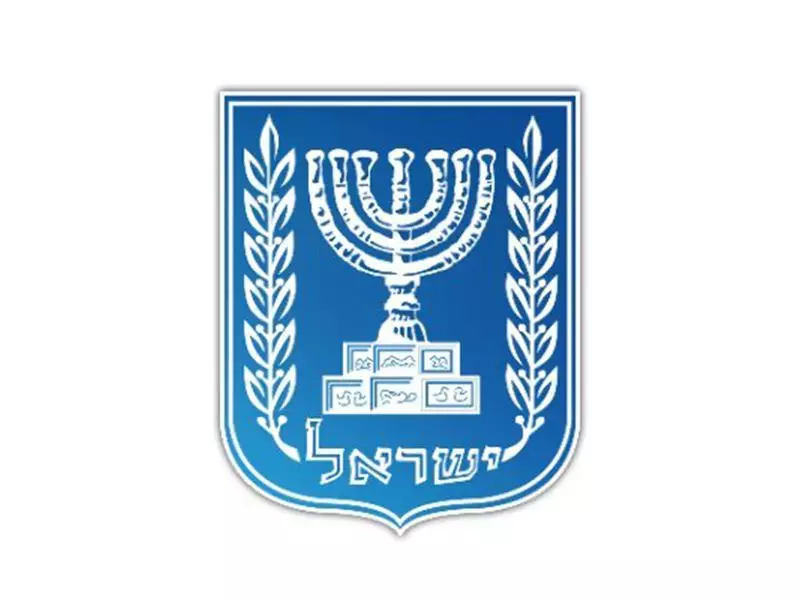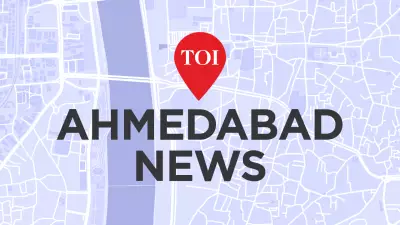
In a significant escalation of Middle East tensions, Israel has successfully targeted and eliminated Hezbollah's second-in-command during a precision strike in Beirut. The operation marks one of the most significant blows to the Lebanese militant group in recent years.
The High-Profile Target
The Israeli military confirmed they had targeted Mohammed Nimah Nasser, also known as Abu Nimah, who served as one of Hezbollah's top commanders in Lebanon. Nasser held the critical position of commander of the Aziz Unit, which operates in the coastal region south of Beirut.
According to security sources, the strike occurred on Wednesday when an Israeli drone fired missiles at a vehicle in the Haret Hreik area of Beirut. This neighborhood is known to be a Hezbollah stronghold within the Lebanese capital. The precision attack resulted in the death of Nasser and two of his associates who were traveling with him.
Immediate Aftermath and Reactions
Hezbollah quickly acknowledged Nasser's death in a formal statement, praising him as a "great commander" who had played significant roles in the group's military operations. The militant organization vowed that this attack "will not go without response," signaling potential retaliation in the coming days.
The strike comes just weeks after another high-profile Israeli operation that killed Taleb Sami Abdullah, another senior Hezbollah commander. Israeli defense officials have indicated they are systematically targeting Hezbollah's leadership structure in response to ongoing cross-border attacks.
Lebanese authorities have condemned the strike as a violation of their sovereignty, while international observers express concern about the conflict potentially expanding beyond the current border skirmishes.
Regional Implications
This targeted killing represents the most significant escalation since the conflict between Israel and Hezbollah intensified following the October 7 Hamas attacks. Cross-border exchanges have become increasingly frequent, with Hezbollah firing rockets and drones into northern Israel, while Israeli forces conduct airstrikes deeper into Lebanese territory.
Security analysts note that the elimination of such a high-ranking Hezbollah official could trigger substantial retaliation from the group. The situation has raised concerns about the possibility of a full-scale war between Israel and Hezbollah, which last occurred in 2006.
The international community is closely monitoring the situation, with several countries urging restraint from both sides. United Nations peacekeeping forces in southern Lebanon have increased patrols along the border area, while diplomatic channels are actively working to prevent further escalation.
As tensions continue to mount, residents on both sides of the border are preparing for potential intensification of hostilities, with many in northern Israel and southern Lebanon already relocating to safer areas.





